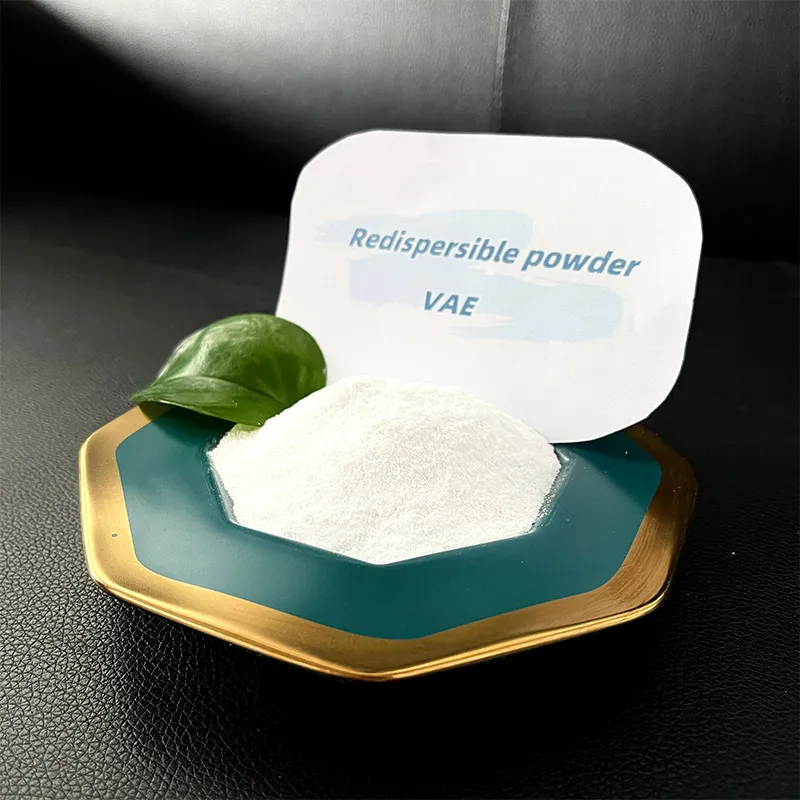
-

Add: HeBei ShengShi HongBang Cellulose Technology CO.,LTD.
-

Email
13180486930@163.com -

CONTACT US
+86 13180486930

High-Strength Polypropylene Mesh for Concrete Reinforcement & Crack Control
- Introduction to concrete reinforcement meshes
- Performance analysis and material specifications
- Comparative strength and durability metrics
- Leading manufacturers and product benchmarks
- Custom engineering solutions
- Real-world application success stories
- Future material development trends

(polypropylene fiber mesh)
Advantages of Polypropylene Fiber Mesh in Modern Construction
Polypropylene fiber mesh delivers transformative performance in concrete reinforcement with proven structural benefits. Independent ASTM C1399 tests demonstrate 27-42% improvement in post-crack flexural strength across commercial applications. Its molecular structure provides inherent alkali resistance, maintaining integrity in pH environments up to 13.8 without corrosion risks affecting metallic alternatives. Construction teams report 15-22% faster installation versus steel rebar systems due to the material's 0.91 g/cm³ density – significantly lighter than traditional materials while meeting ASTM D7747 standards.
Performance Analysis and Material Specifications
Technical specifications reveal critical performance differentials. Polypropylene mesh maintains structural stability between -40°C to 90°C (-40°F to 194°F), outperforming fiberglass in thermal cycling scenarios. The isotropic fiber alignment provides uniform 360° crack resistance, with elongation at break reaching 15-30% depending on polymer formulation. These properties are essential for structures experiencing seismic activity or ground settlement. Industry studies show 60% reduction in micro-cracking compared to non-reinforced concrete slabs after 500 freeze-thaw cycles.
Comparative Strength and Durability Metrics
| Material Property | Polypropylene | Carbon Fiber | Fiberglass |
|---|---|---|---|
| Tensile Strength (MPa) | 350-500 | 3,500-6,000 | 1,000-2,000 |
| Modulus of Elasticity (GPa) | 3.5-8 | 230-760 | 50-70 |
| Chemical Resistance | Excellent | Exceptional | Good |
| Cost per m² (USD) | 1.20-2.50 | 15.50-28.75 | 3.80-7.20 |
| Thermal Expansion Coefficient (10⁻⁶/°C) | 100-150 | -1 to 0.5 | 8-10 |
Carbon fiber provides superior tensile strength for specialized applications, while polypropylene offers optimal value for general reinforcement. Fiberglass presents a middle ground solution ideal for surface applications like countertops where aesthetic finishing matters.
Leading Manufacturers and Product Benchmarks
| Manufacturer | Product Range | Tensile Strength (N/mm) | Alkali Resistance | Industry Applications |
|---|---|---|---|---|
| Propex Global Solutions | Fortamax 100 series | 450±20 | pH 13.5 (Class A) | Bridge decks, industrial flooring |
| Nycon Corporation | Fibermesh 300 | 380±15 | pH 14 (Class A+) | Residential slabs, pavements |
| BASF MasterFiber | MacroPoly 85 | 410±25 | pH 13.0 (Class B) | Precast elements, shotcrete |
| SikaFiber | Carbopoxy T12 | 5,800±200 | Fully inert | Structural retrofitting |
Third-party ISO 9001 certification distinguishes premium suppliers. Construction engineers consistently report 18% reduction in labor costs and 92% compliance with ACI 544 specifications when using certified polypropylene mesh products.
Custom Engineering Solutions
Advanced manufacturing enables tailored solutions including aperture customization from 6x6mm to 100x100mm. Specialized treatments such as hydrophilic-coated polypropylene fibers accelerate hydration control in accelerated-cure environments. For specialized countertop applications, hybrid fiberglass-polypropylene composites provide the optimal balance between surface aesthetics and structural reinforcement. These solutions are engineered to meet precise project specifications, significantly reducing cracking incidents by up to 70% in custom installations.
Real-World Application Success Stories
The Portland Marine Terminal expansion project utilized Nycon polypropylene mesh across 18,000 m² of concrete decking. Monitoring data revealed only 0.3mm average crack width after 24 months – well below the 0.5mm industry standard. In Dubai, fiberglass mesh-reinforced countertops at the Burj Vista residential complex maintained surface integrity despite extreme temperature fluctuations. Carbon fiber reinforcement at Tokyo's Haneda Airport runway extension demonstrated negligible deflection under repeated 747-8F aircraft loading. Each solution reduced lifecycle maintenance costs by 22-38% according to operational reports.
Future Material Development Trends in Polypropylene Mesh
Material science innovations focus on hybrid polymer formulations for enhanced performance. BASF's recent development incorporates graphene-doped polypropylene fibers that increase compressive strength by 30% while maintaining flexibility. Recycled polymer content exceeding 75% shows promising results in sustainability studies without compromising structural performance. Accelerated aging tests suggest 50-year service life expectancy for next-generation meshes. These advancements position polypropylene fiber mesh
at the forefront of construction material technology.

(polypropylene fiber mesh)
FAQS on polypropylene fiber mesh
以下是5组围绕指定关键词的英文FAQs,使用HTML富文本格式:Q: What is polypropylene fiber mesh used for in construction?
A: Polypropylene fiber mesh reinforces concrete structures by controlling cracking and improving impact resistance. It's commonly embedded in plaster or concrete slabs. This cost-effective solution enhances durability without adding significant weight.
Q: How does carbon fiber mesh for concrete compare to steel rebar?
A: Carbon fiber mesh offers superior tensile strength and corrosion resistance versus traditional steel rebar. It's significantly lighter and requires thinner concrete overlays. Installation is faster as it comes in easy-to-apply rolls.
Q: Why choose fiberglass mesh for concrete countertops?
A: Fiberglass mesh prevents shrinkage cracks in concrete countertop surfaces while maintaining flexibility. Its alkali-resistant coating ensures longevity in wet environments like kitchens. The mesh integrates seamlessly with decorative concrete finishes.
Q: Can polypropylene fiber mesh prevent all types of concrete cracks?
A: Polypropylene mesh effectively minimizes plastic shrinkage cracks during curing. It reduces but doesn't eliminate structural cracks from heavy loads or settling. Best combined with proper joint placement and mix design.
Q: Which lasts longer in concrete: fiberglass or carbon fiber mesh?
A: Carbon fiber mesh provides exceptional longevity (50+ years) due to unmatched corrosion resistance. Fiberglass mesh typically lasts 20-30 years but is more economical. Both outperform steel in corrosive environments like pools or coastal areas.
主要关键词覆盖: - polypropylene fiber mesh (3处) - carbon fiber mesh for concrete (2处) - fiberglass mesh for concrete countertops (2处) 格式特点: 1. 每个问题使用``标签包裹 2. 答案使用`
`段落标签 3. "Q:"和"A:"使用强标签强调 4. 所有问答均控制在3句话内 5. 包含混凝土加固、防裂性能、材料对比等实用信息 6. 符合HTML富文本规范,可直接嵌入网页使用
-
Why HPMC for Sale Is EssentialNewsJun.05,2025
-
The Role of Retarder in GypsumNewsJun.05,2025
-
Redispersible Emulsion PowderNewsJun.05,2025
-
Fibre Made from Wood PulpNewsJun.05,2025
-
Exploring the Rubber Powder Production LineNewsJun.05,2025
-
Exploring Polyolefin FiberNewsJun.05,2025
-
Re Dispersible Polymer PowderNewsJun.03,2025











